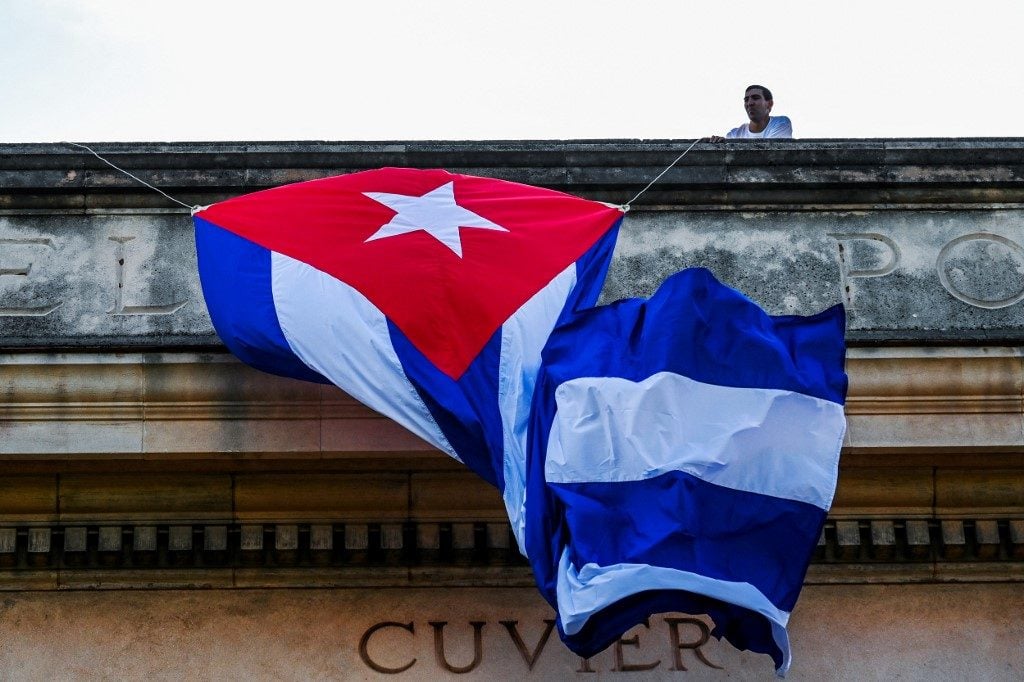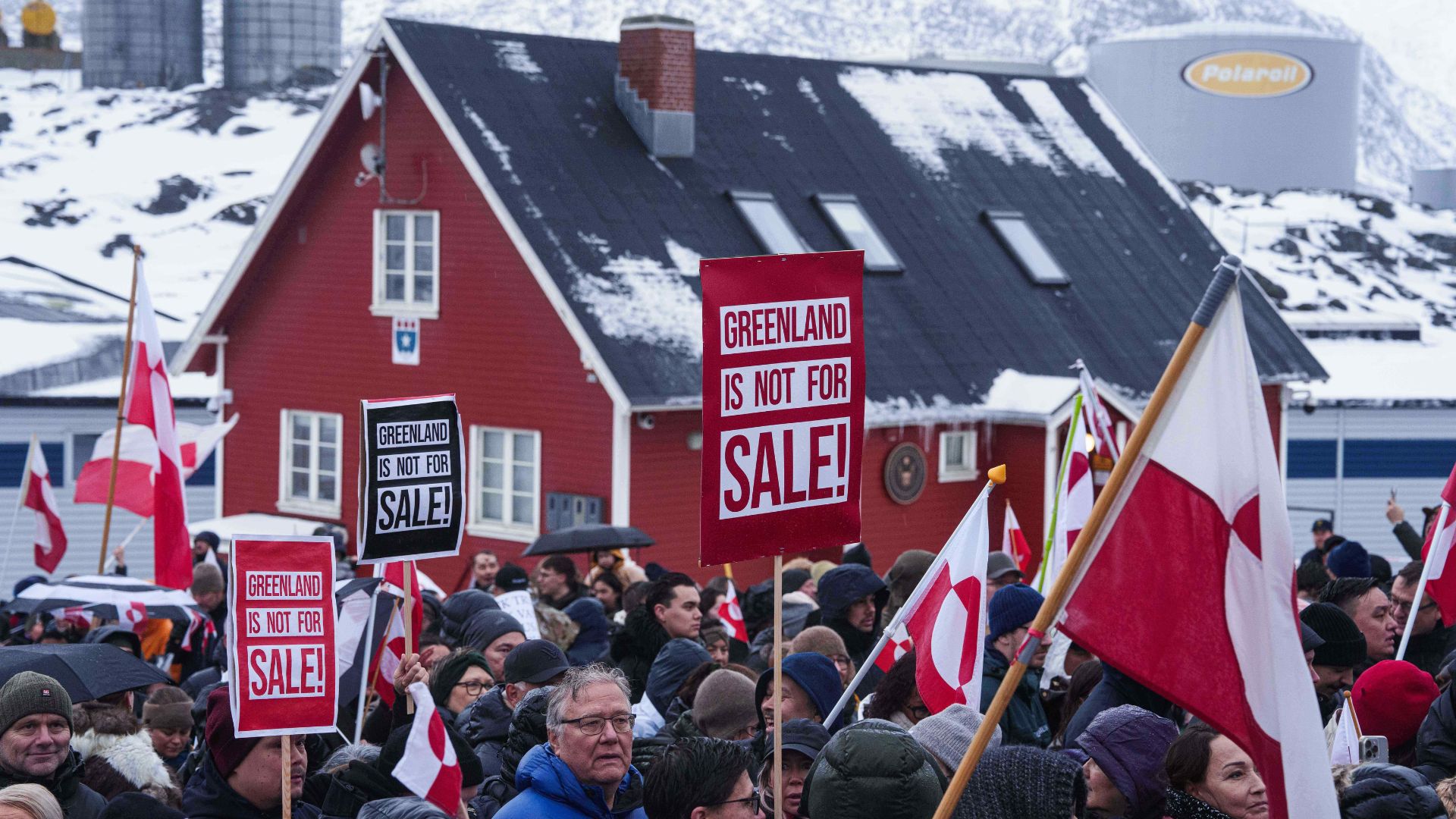During the meeting of the United Nations General Assembly held on 29 October 2025, the institution with the highest degree of global governance representation once again called, by a large majority, for an end to the economic and commercial embargoes imposed on Cuba. This decision reinforces the General Assembly’s position regarding the lack of legal, political, and diplomatic grounds for the continuation of the hostile policy designed and enforced by the United States.
However, to understand the political dynamics of this embargo and the recent call for its termination, it is first necessary to revisit the historical roots of the relationship between the United States and the Caribbean country, which ultimately led to the current scenario of embargoes and international contestation.
Historical Background and Motivating Factors Behind the Blockade
The Cold War context and the ideological conflict between the U.S. and Soviet governments rendered the island of Cuba a politically sensitive region for the United States due to its alignment with, and influence from, the former Soviet Union. In this historical setting, both superpowers sought to strengthen diplomatic ties and expand their political influence — reflecting the broader confrontation between the capitalist and socialist blocs — thereby shaping a bipolar and conflict-prone international system.
Within this framework, Cuba drew closer to the Soviet sphere of influence due to shared perspectives on economic policies to be implemented in the country. Consequently, under the leadership of Fidel Castro — head of the Cuban Revolution and a central target of U.S. foreign policy operations at the time — the Cuban Revolution was consolidated in 1959. The revolution emerged in a context of substantial Cuban vulnerability and dependence on the United States, which had previously exerted strong influence over the island without promoting autonomous development or improving the population’s living standards.
Thus, guided by socialist principles, the Cuban Revolution positioned the country even more firmly within the Soviet sphere of influence. During this process, the nationalization of companies, properties, and assets located within Cuban territory was implemented as part of socialist economic policy. The capital assets and productive structures of former U.S. enterprises operating in Cuba were nationalized and incorporated into the country’s portfolio of state-owned enterprises. Given that U.S. productive investments in Cuba were substantial — featuring a strong presence of foreign capital yet little retention of economic gains within the island — the nationalization of these assets represented the primary catalyst for the promulgation of U.S. economic embargoes against Cuba.
Furthermore, the later context of the Cuban Missile Crisis — stemming from the installation of Soviet missiles on Cuban territory as a strategic Cold War maneuver — combined with the continuity of the socialist system in Cuba even after the dissolution of the Soviet Union, served to reinforce and deepen the economic and commercial blockade.
Accordingly, the present continuation of the embargo is rooted in historical dynamics connected to the Cold War, which still underpin U.S. foreign policy toward Cuba. Nevertheless, despite these historical foundations, the General Assembly’s call to end this policy is based on the premise that no contemporary political justification exists for maintaining the blockade. Thus, given the institution’s majority decision, the current landscape of international political economy no longer reflects the Cold War context, and the United States lacks firm arguments capable of sustaining international support for its position.
Voting Results and Analysis
The United Nations periodically conducts an internal vote on the lifting of the commercial blockade imposed on Cuba, and in all such sessions the overwhelming majority of member states have voted in favor of ending this hostile policy imposed by the United States. Yet, despite this consistent trend, the United States continues to disregard the General Assembly’s decision and to uphold the blockade, even in the absence of diplomatic backing or substantive justifications.
In the most recent vote held in 2025, there were 165 votes in favor of ending the blockade, 12 abstentions, and only 7 votes against. Among the states supporting the continuation of the policy were the United States, Israel, Argentina, Hungary, North Macedonia, Paraguay, and Ukraine. Given the geopolitical contexts of war in Ukraine and in Israel, U.S. support for these states contributed to their votes in favor of maintaining the blockade. However, in previous sessions, only the United States and Israel consistently voted to uphold the blockade, indicating a shift in the voting dynamics in 2025.
Thus, the United States’ disregard for both the vote and the General Assembly’s request to end the blockade underscores the persistence of the country’s imperialist power. The ongoing effort to punish states that diverge from U.S. foreign policy preferences — even in a non-bipolar international system — remains a central rationale for maintaining a policy that lacks support from the international community.
In this context, the Cuban government annually submits a resolution to the United Nations requesting the end of the blockade due to the economic losses resulting from the commercial isolation imposed on the island. Between March 2024 and February 2025 alone, Cuba recorded economic losses amounting to 7.5 billion USD, given that the blockade effectively generates broad economic isolation. In recent resolutions submitted to the General Assembly, Cuba asserts that the resources forfeited would be sufficient to drive economic and social development over the next five years, were the policy to be lifted.
Additionally, Cuba’s periodic resolutions highlight that the continuity of the blockade constitutes a deliberate attempt to destabilize the country’s socialist government — through internal economic crises and external pressure — echoing strategies historically employed during the Cold War. In this context, Cuba classifies the blockade as a genocidal policy under international law, arguing that it deprives the country and its population of access to food, goods, and commercial relations, while directly harming essential sectors such as healthcare and education.
The central basis for the General Assembly’s decision is the protection of a foundational principle of the institution: the sovereignty of member states. Accordingly, the continuation of the commercial blockade is viewed as a threat to Cuba’s national sovereignty and its institutions. Furthermore, the Assembly stresses the illegality of the blockade’s extraterritorial provisions, which penalize companies and entities that violate the unilateral measures imposed by the United States.
Thus, it is imperative to reflect on the legitimacy and persistence of the blockade, which threatens Cuban national sovereignty — rooted in the socialist system established by the Cuban Revolution — and hinders the country’s capacity for autonomous development.
References
BUGIATO, Caio. A teoria do imperialismo de Leo Panitch. estudos sobre marxismo, dependência e sistemas-mundo, 2021.
CAPITAL, Carta. Os 7 países que votaram a favor do embargo contra Cuba e os 12 que se abstiveram. Disponível em: https://www.cartacapital.com.br/cartaexpressa/os-7-paises-que-votaram-a-favor-do-embargo-contra-cuba-e-os-12-que-se-abstiveram/. Acesso em: 18 nov. 2025.
Cuba. Cuba VS Bloqueo: informe de cuba sobre la resolución 73/8 de la asamblea general de las naciones unidas. Cuba, 2019.
Cuba. Informe de Cuba. Cuba, 2025.
KARAM, Isabel Allende. Una mirada sobre la política exterior de la Revolución Cubana y las dimensiones de su universalidad. Cuba en revolución, 2019.
ONU. Assembleia Geral pede fim do embargo a Cuba pela trigésima terceira vez. 2025. Disponível em: https://news.un.org/pt/story/2025/10/1851385. Acesso em: 19 nov. 2025.



